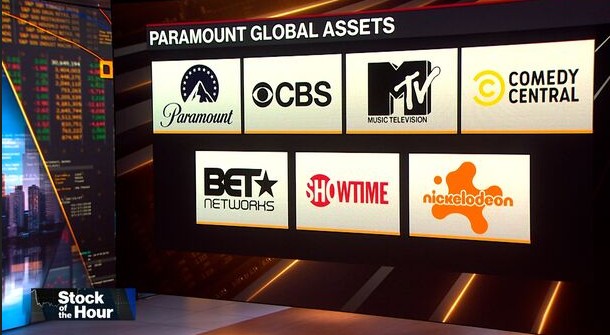In recent years, live-action adaptations of popular anime have sparked intense discussions among fans, with many expressing disdain for studios' attempts to bring these beloved stories to life. Netflix's announcement regarding its live-action version of Solo Leveling, originally a hit web novel, has divided fans who are skeptical about the authenticity and quality of such projects.
The story centers around Sung Jin-woo, initially considered the weakest human, who unexpectedly gains the ability to "level up" after a brush with death, making his journey compelling and relatable. Yet, fans like Andre Denisson from Sweden worry that the visual effects may not do justice to the original anime, particularly during action sequences critical to the show's appeal. The core of Solo Leveling's popularity lies in its well-crafted battles against formidable monsters, raising fears that these pivotal moments might be diluted in the live-action format.
Historically, Hollywood's track record with anime adaptations has been rocky. The infamous backlash against 2009’s Dragonball Evolution and the poorly received Ghost in the Shell in 2017 highlighted the pitfalls of culturally insensitive casting and narrative missteps. Despite such setbacks, major companies, including Legendary and Lionsgate, are moving forward with high-profile adaptations like Gundam and Naruto, respectively, reflecting a potential desire to finally crack the code on successful live-action renditions.
Market dynamics play a significant role in this trend. With the global anime industry projected to expand from $34 billion in 2024 to over $60 billion by 2030, streaming services like Netflix recognize the potential for profit. They aim to tap into the growing audience, as shown by data revealing that over half of Netflix's 300 million subscribers engage with anime content.
The pandemic seemingly facilitated a shift in perception towards anime, converting skeptics into fans and promoting the genre’s broader acceptance. Some viewers cite fatigue with typical Hollywood narratives as a driving factor for turning to anime instead, urging studios to explore original animated content rather than remakes.
In response to criticism, Netflix is attempting a different strategy with its Solo Leveling adaptation. By casting a predominantly Korean ensemble, the hope is to retain the essence of the original narrative and connect more authentically with fans. The success of One Piece, praised for its faithful representation, offers a blueprint that the Solo Leveling project might emulate.
Can a live-action adaptation of Solo Leveling satisfy its fanbase? Many are cautiously optimistic that, with the right balance of respect for the source material and engaging action, it could usher in new audiences to the world of anime. As long as studios acknowledge and respect the intricate nuances of the stories they adapt, there's hope that live-action anime might find its rightful place in the entertainment landscape.
The story centers around Sung Jin-woo, initially considered the weakest human, who unexpectedly gains the ability to "level up" after a brush with death, making his journey compelling and relatable. Yet, fans like Andre Denisson from Sweden worry that the visual effects may not do justice to the original anime, particularly during action sequences critical to the show's appeal. The core of Solo Leveling's popularity lies in its well-crafted battles against formidable monsters, raising fears that these pivotal moments might be diluted in the live-action format.
Historically, Hollywood's track record with anime adaptations has been rocky. The infamous backlash against 2009’s Dragonball Evolution and the poorly received Ghost in the Shell in 2017 highlighted the pitfalls of culturally insensitive casting and narrative missteps. Despite such setbacks, major companies, including Legendary and Lionsgate, are moving forward with high-profile adaptations like Gundam and Naruto, respectively, reflecting a potential desire to finally crack the code on successful live-action renditions.
Market dynamics play a significant role in this trend. With the global anime industry projected to expand from $34 billion in 2024 to over $60 billion by 2030, streaming services like Netflix recognize the potential for profit. They aim to tap into the growing audience, as shown by data revealing that over half of Netflix's 300 million subscribers engage with anime content.
The pandemic seemingly facilitated a shift in perception towards anime, converting skeptics into fans and promoting the genre’s broader acceptance. Some viewers cite fatigue with typical Hollywood narratives as a driving factor for turning to anime instead, urging studios to explore original animated content rather than remakes.
In response to criticism, Netflix is attempting a different strategy with its Solo Leveling adaptation. By casting a predominantly Korean ensemble, the hope is to retain the essence of the original narrative and connect more authentically with fans. The success of One Piece, praised for its faithful representation, offers a blueprint that the Solo Leveling project might emulate.
Can a live-action adaptation of Solo Leveling satisfy its fanbase? Many are cautiously optimistic that, with the right balance of respect for the source material and engaging action, it could usher in new audiences to the world of anime. As long as studios acknowledge and respect the intricate nuances of the stories they adapt, there's hope that live-action anime might find its rightful place in the entertainment landscape.


















